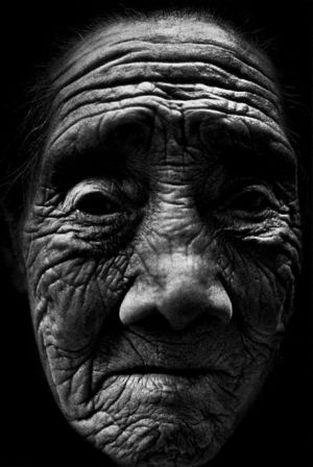
SHEEP and WOLVES
Published on
© Andrei Borodin. Minsk Cafe Babel Local Team When there are sheep – there will be wolves. Both, those called the victims of the Holocaust and those called the executioners, could not exist without one another. This, perhaps, was the key tragedy of the pre-war Europe, where masses were consciously and gradually preparing to play victims.
One has to admit, the role was played well…
When you face those who went through the hell of ghettos and concentration camps, you can easily identify those by tattoos on the left hand wrist. Surprisingly no one has tried to get rid of it still, even though this is not too difficult a job. Yet, former inmates decided to carry this mark across their lives, as if saying – we are special.
In the everyday life they are no different than the rest of us. To be able to understand why these peope are victims, one has to observe them in one place. First that truly surprises is how inexorably persistent and ready they are to tell over and over the same episodes of their lives..
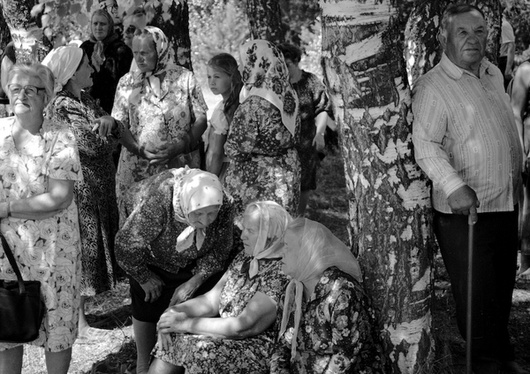 Two years I talked with a woman, who had gone through three concentration camps, including Oswentzym. She could never tell her story until the end as if it was a nightmare, whose episodes cannot be linked however you try. Therefore the truly important in her memories always got mixed up with trifles: half an hour waiting in the gas cell awaiting death seemed to her less scary than the night pathway through the bridge.
Two years I talked with a woman, who had gone through three concentration camps, including Oswentzym. She could never tell her story until the end as if it was a nightmare, whose episodes cannot be linked however you try. Therefore the truly important in her memories always got mixed up with trifles: half an hour waiting in the gas cell awaiting death seemed to her less scary than the night pathway through the bridge.
In Ravensbrücke prisoners didn’t get fed and were used as objects for experiments. There was little place in barracks and due to high density there, there was lots of people dying especially in the last days. Bodies were too many to cremate so they got stored in a special premises on the territory of the camp. At nights, barracks were gun-fired by the guards.
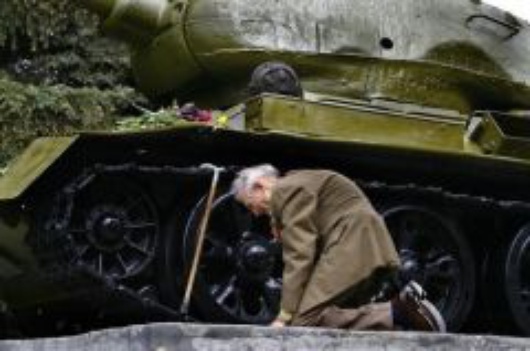 The woman encountered release in one of the camps in the West Germany. It came at night as an ally tank, on top of which there was the Superintendent of the camp in underwear pointing the British, who took him in captivity, where his authority extended to. This way, according to some strange law, tragedy turned into farse…
The woman encountered release in one of the camps in the West Germany. It came at night as an ally tank, on top of which there was the Superintendent of the camp in underwear pointing the British, who took him in captivity, where his authority extended to. This way, according to some strange law, tragedy turned into farse…
Each and every one of the former prisoners has his/her piece of truth that he cautiously preserves. Yet, meeting together they, for some reason, don’t even try to collect all these pieces into a single piece of truth, which would explain what had happened to them back then. It seems a person still experiences what had happened with such power as if it happened yesterday, so the person simply doesn’t have energy for to utter it out.
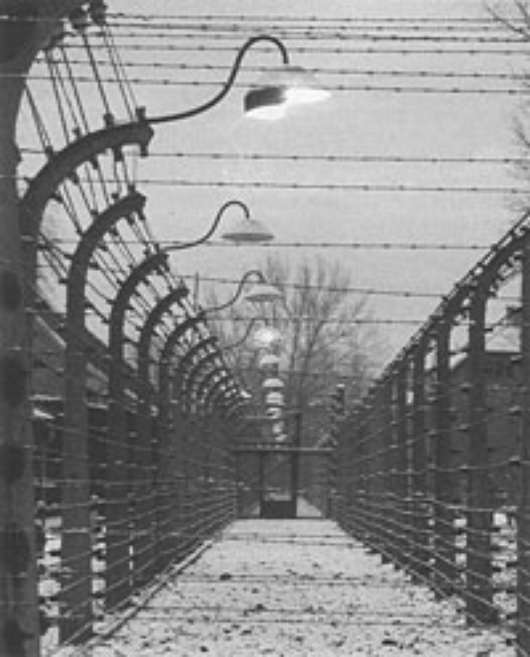 In their stories there has always been this morbid yet astute clarity and sharpness of perceptions. These elderly people still remember the positioning of barracks, the voice of the camp supervisor or the taste of the apple, thrown over the prison fence. When you realize that, it becomes clear that life for these people is divided onto two uneven parts. During the war, sufferings let the people to acutely feel themselves alive.
In their stories there has always been this morbid yet astute clarity and sharpness of perceptions. These elderly people still remember the positioning of barracks, the voice of the camp supervisor or the taste of the apple, thrown over the prison fence. When you realize that, it becomes clear that life for these people is divided onto two uneven parts. During the war, sufferings let the people to acutely feel themselves alive.
The freed prisoners had different fates awaiting them: those, who fled westwards, got a chance to come back to normal life; those who headed east encountered lies and distrust. Back at home they got into filtration camps, some heading further up the prison inmate hierarchy, some - being let home.
Now, they had to learn the science of mimicry – and having been double victims they did it so well, some are keeping silence up until now. This could be the key to their incredible “match” with the social landscape…
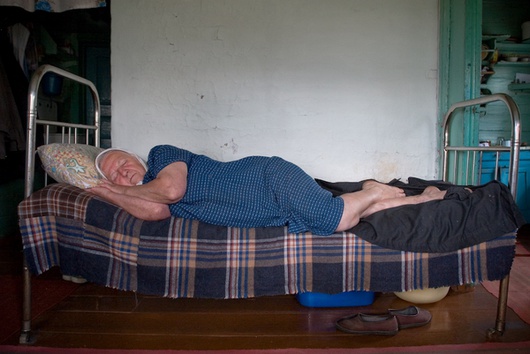 Those who were older, tried to forget everything as if it was an accident, and start a new life, (just like learning to live with an artificial limb instead of a normal leg). But many of those kids, who turned into grown-ups so fast and so miserably, could not forget. The grey realities made what had been experienced something grievous, yet real. Nowadays, when the own kids became grown-ups while grandchildren don’t care about them much, the Holocaust victims are getting deeper into reminiscences that became far more important than today’s reality. They seem to drift to the banks where they were taken away from…
Those who were older, tried to forget everything as if it was an accident, and start a new life, (just like learning to live with an artificial limb instead of a normal leg). But many of those kids, who turned into grown-ups so fast and so miserably, could not forget. The grey realities made what had been experienced something grievous, yet real. Nowadays, when the own kids became grown-ups while grandchildren don’t care about them much, the Holocaust victims are getting deeper into reminiscences that became far more important than today’s reality. They seem to drift to the banks where they were taken away from…
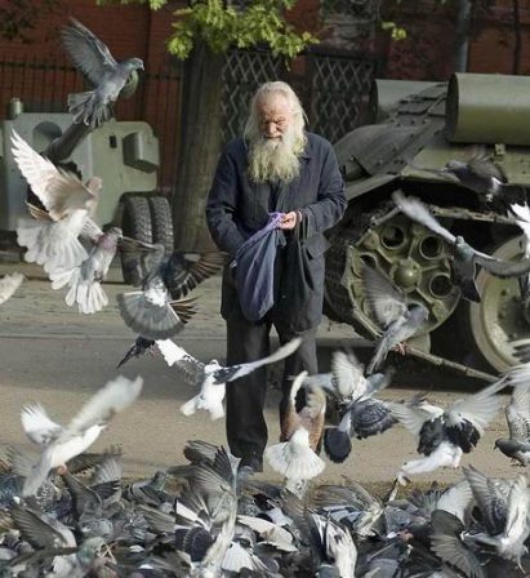 Talking to those, who had gone through this hell, one often gets surprised: no one of them shares loath to the Germans. Moreover, almost everyone may reckon something good. The staunchly opposing turn out to be those, who was furtherst from the front line or didn’t see war. People who have the right not to forgive seem to have done that. This might be because of the concentration camp wires they managed to see something that others are never likely to understand.
Talking to those, who had gone through this hell, one often gets surprised: no one of them shares loath to the Germans. Moreover, almost everyone may reckon something good. The staunchly opposing turn out to be those, who was furtherst from the front line or didn’t see war. People who have the right not to forgive seem to have done that. This might be because of the concentration camp wires they managed to see something that others are never likely to understand.
It might be so that former prisoners, subconsciously, understood that their executioners turned into victims and this silent knowledge overweighed hunger, illnesses and unbelievable work. I see hope in it….no, not for the humanity, but at least for the new Europe, the image of which is impossible to get rid of, as we all know.



